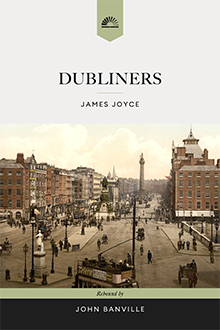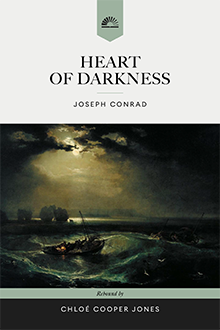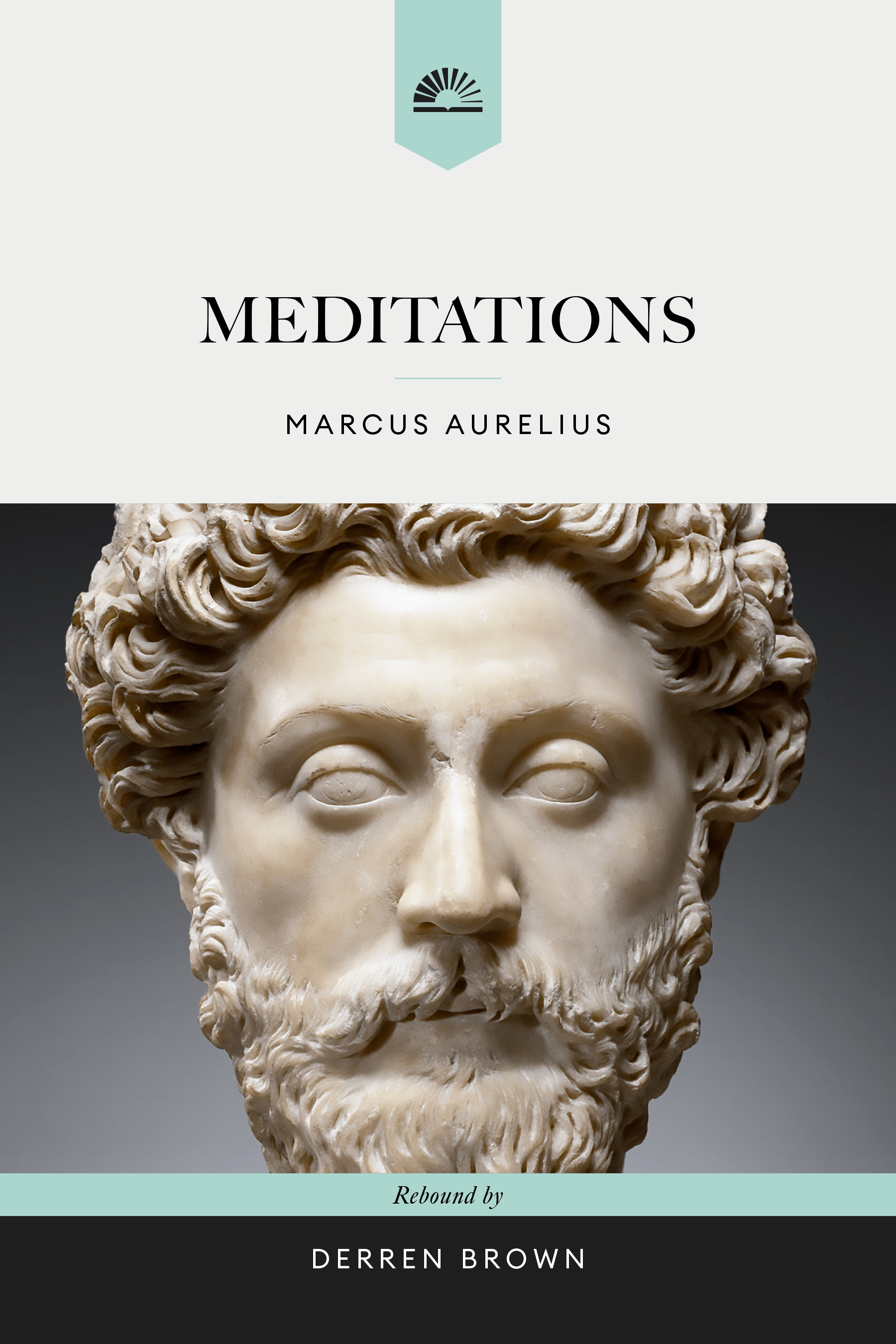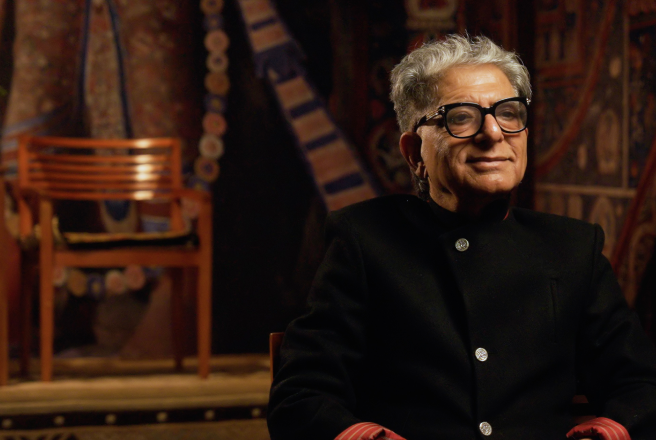Read. Watch. Discuss. Repeat.
Rebind's goal is to open challenging and inspiring books to readers.
$29.95 or Subscribe for unlimited access for $28 $10/mo
(Billed annually).
$29.95 or Subscribe for unlimited access for $28 $10/mo
(Billed annually).
~~
REBIND FEATURES
~
See AllYou might like
~The world's most intriguing guides open up their favorite books for you.
Tour the classics with a companion and read deeper.
Stay updated on new book releases and features
By signing up for our email list, you indicate that you have read and agree to our Terms of Use.
We respect your privacy.








